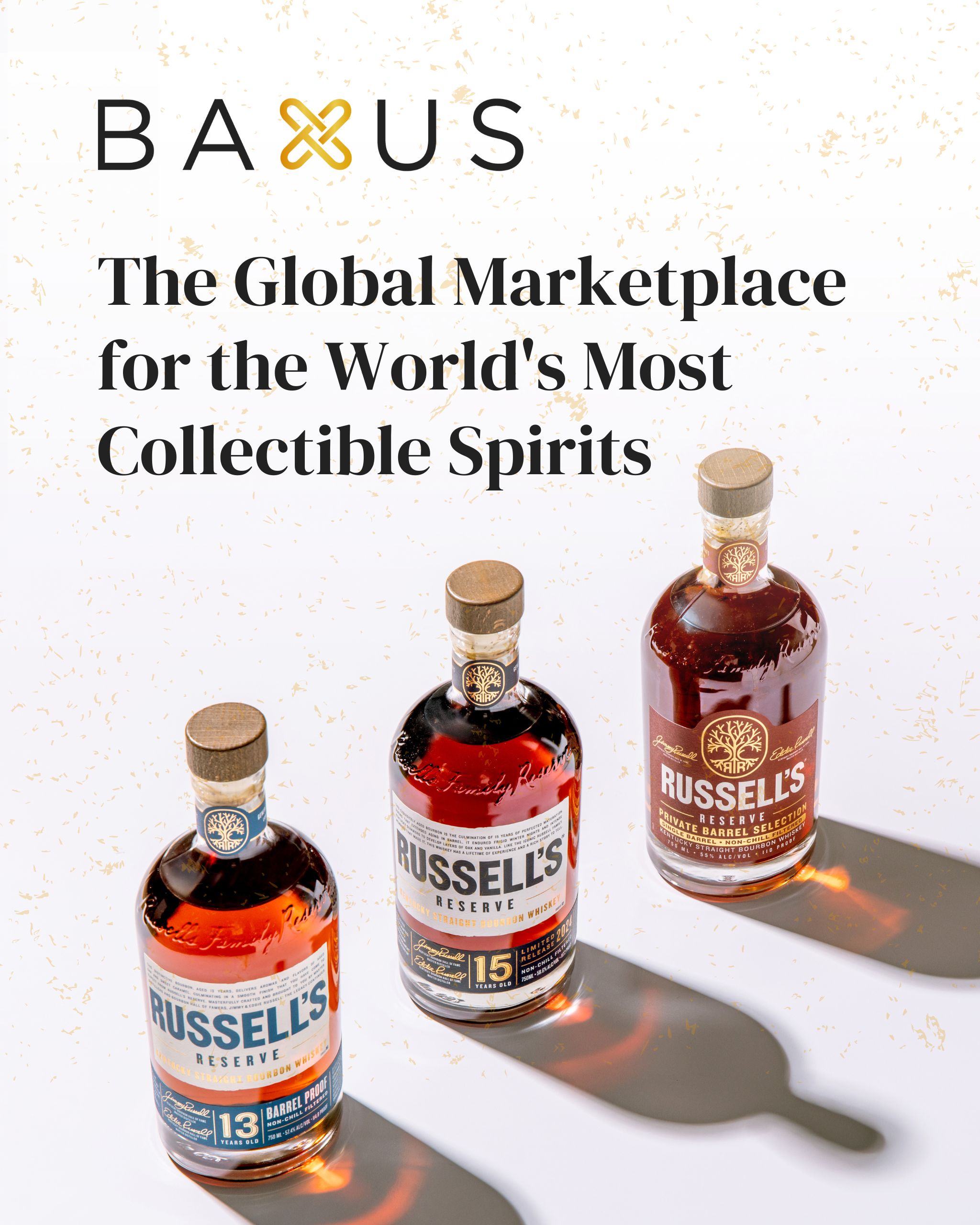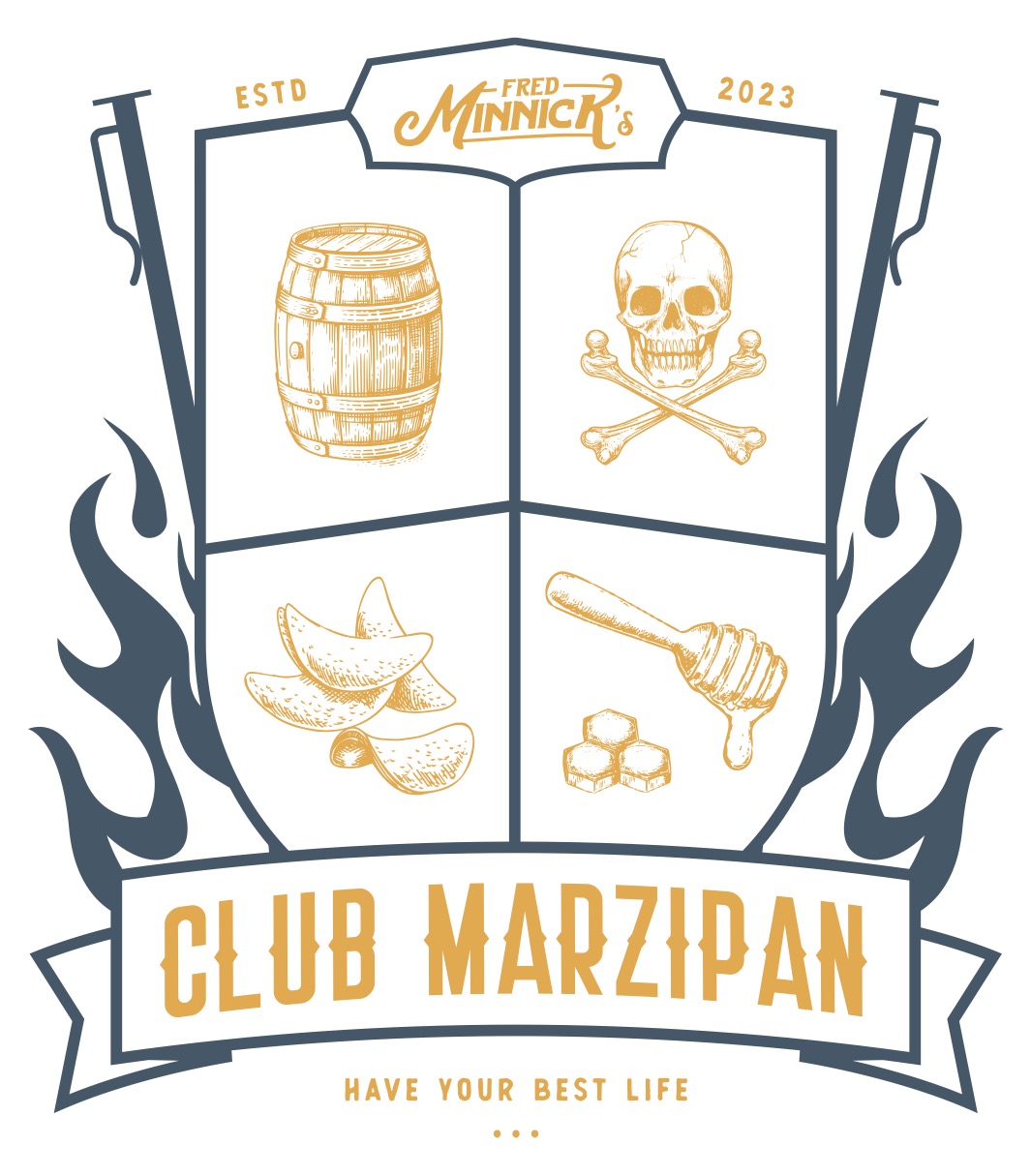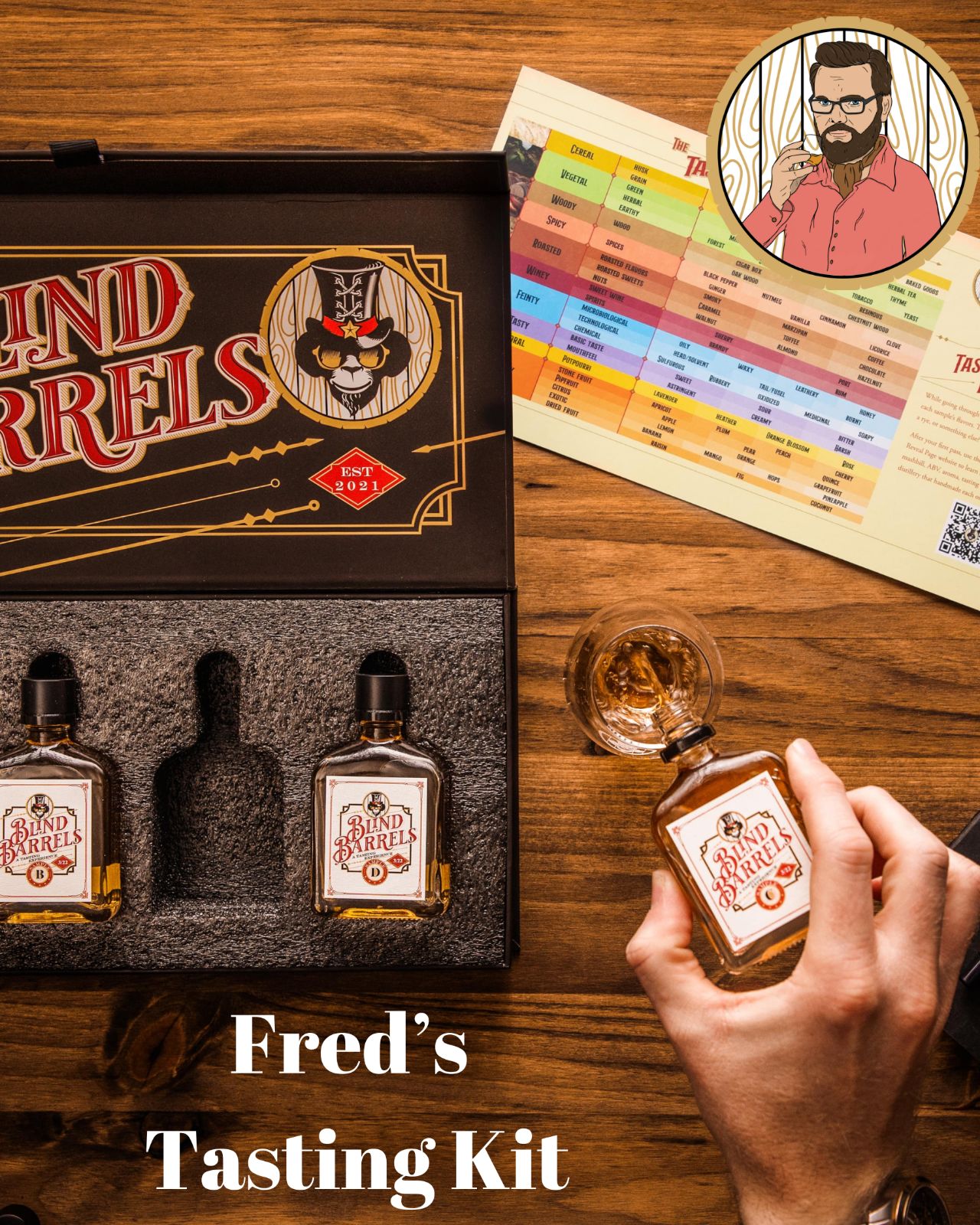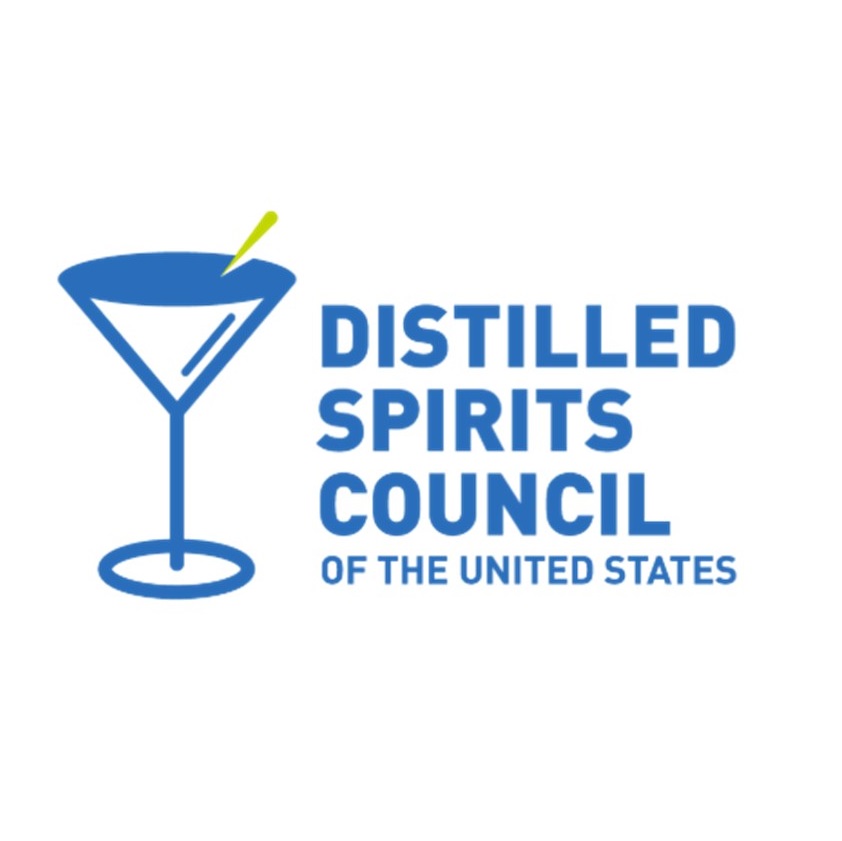Borrowing Bourbon Equity
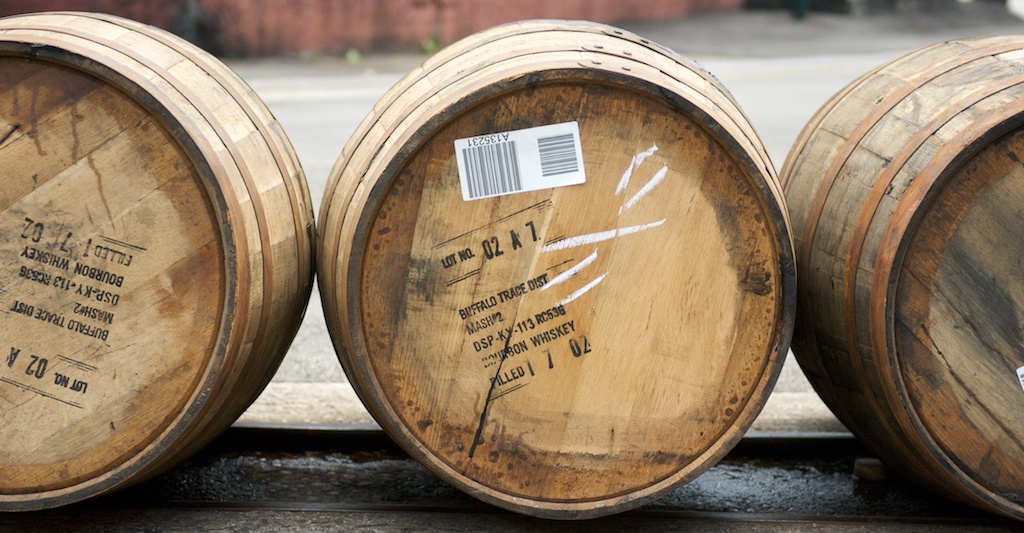
“Imitation is the sincerest form of flattery.” – Charles Caleb Colton
When Colton, the English cleric, wrote this in the 1820s, bourbon was barely a blip on the radar. Kentucky distillers were placing barrels on flatboats and just beginning their rise. Nobody wanted to imitate bourbon.
Nearly 200 years later, though, the word “bourbon” is plastered on everything from candles to jeans.
Today, bourbon is an international powerhouse with signature brand flavor profiles and U.S. geographical protection. If foreign distillers slap a “bourbon” label on their spirit, Heaven Hill’s Max Shapira, the industry’s de facto foreign bourbon seeker, will find it and the U.S. government will pursue ceased and desist efforts to those in countries with U.S. free trade agreements. They take other steps in countries without free trade agreements.
There’s also an army of distillery trademark lawyers who will sue you into submission if you use red wax (Maker’s Mark vs. Jose Cuervo), similar names (Woodford Reserve vs. 1792 Ridgemont Reserve) or even a slogan (Wild Turkey vs. Old Crow). So, there’s enough legal protection to prevent Old Turkey’s Aussie Reserve 1793 Bourbon bottled with red dripping wax.
But bourbon distillers are seeing a new form of imitation, and it’s creating consumer confusion. Non-bourbon whiskies are making “bourbon” a primary text on labels, hoping to capitalize on its popularity.
Tequila, rum and even Scotch add “bourbon” verbiage on labels. And while it’s true they’re aged in used bourbon barrels, they were also aged in used bourbon barrels in 1980. Why use the verbiage now? “We are trying to appeal to bourbon consumers,” a rum marketer told me. If the wording was light or in smaller typeface, nobody would have an issue. But “bourbon” is often the largest font on the label, even larger than the spirit’s type.
I am not saying to completely keep the word off of other spirit labels. In fact, I believe there’s a way to illustrate the use of bourbon barrels, such as Hornitos Black Barrel, without trading on bourbon’s name.

Some of the worst cases are Crown Royal Bourbon Mash (now discontinued per blogger Tater-Talk and most egregious), Glenfiddich 14 Year Bourbon Barrel Reserve (questionable, but not as bad as Crown) and Old Pulteney 23-year-old “bourbon cask” (bourbon’s larger than Scotch on the box. In Old Pulteney’s defense, sherry is the same size in that particular expression). Your normal consumer is very likely to confuse these products as actual bourbon. And if you’re reading this blog or my books, you’re not that person.
I spend a lot of time with non-spirits consumers at my Kentucky Derby Museum tasting bar for conventions. They don’t read labels like we whiskey geeks do. They see “bourbon” in bold print and think “oh, it’s bourbon.” They may also confuse Crown Royal as bourbon, so we’re talking about people who buy one to five bottles of spirit a year as gifts, holiday parties and the occasional nip at home.
Every misuse of the word “bourbon” is detrimental to the category and creates a consumer confusion for your basic shopper.
Behind closed doors, bourbon distillers grumble about the attempt to trade on their equity and often take legal action to end it.
I can’t imagine Pappy Van Winkle, George Garvin Brown, Jim Beam or E.H. Taylor approving of bourbon’s widespread use across all spirits categories.
The only person who can slow down this misuse is you, the consumer.
When you see improper labeling, let your voices be heard in your social media platforms, write the U.S. Tax & Trade Bureau or tell the brand. As bourbon grows in popularity, many conglomerates will do what makes investors happy and protecting bourbon isn’t high on their priority list. Bourbon-flavored vodka, aka “Oak by Absolut,” exists for a reason, because spirits companies want to tap into bourbon’s popularity. So, here’s an idea, Spirits Executive, don’t try to deceive consumers. Give them what they want—a label that doesn’t confuse or borrow equity from another spirit.
As recently noted, bourbon’s sales are skyrocketing. This sort of misbranding could really hurt the category.
Portions of this post appeared in a Whisky Advocate blog post in 2016. Sign up for Fred’s free drinks newsletter.




